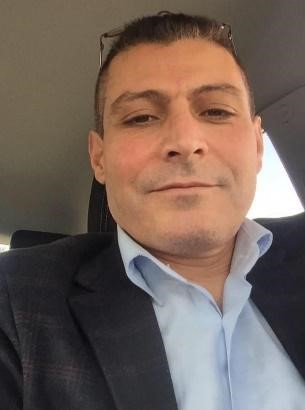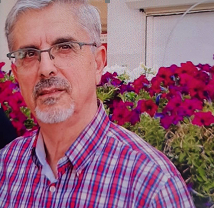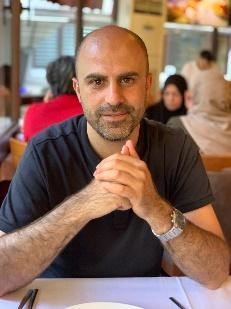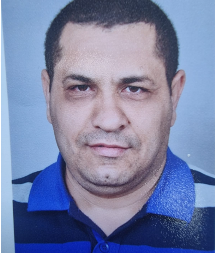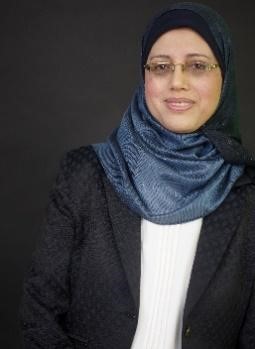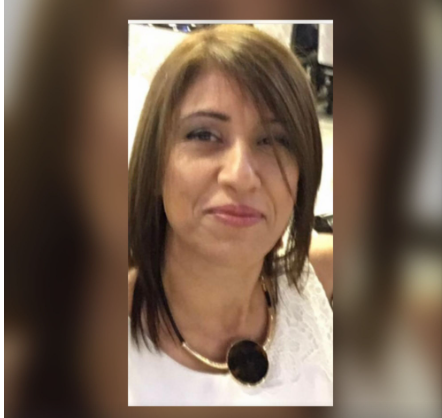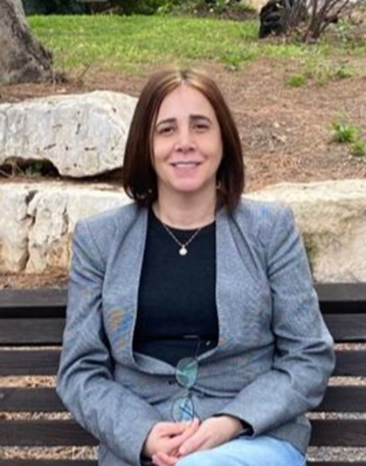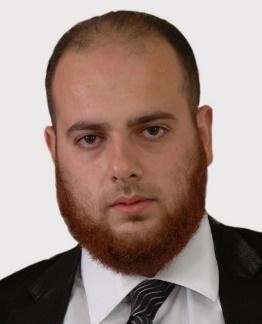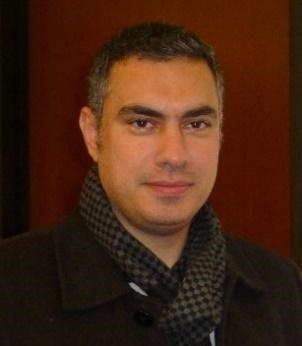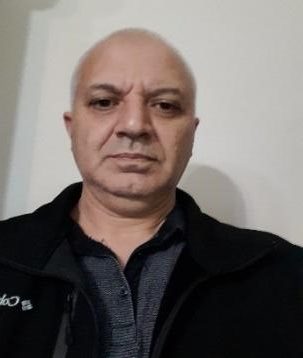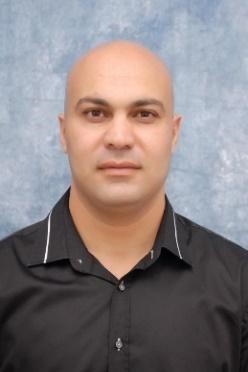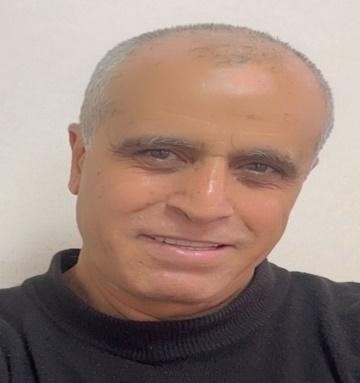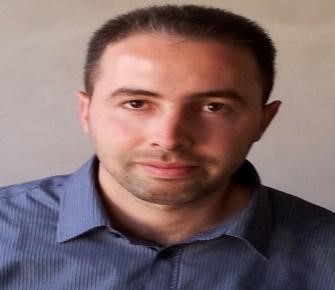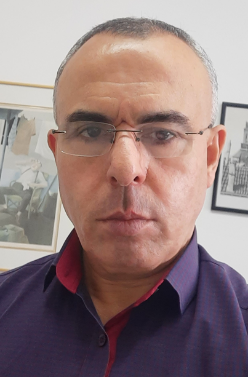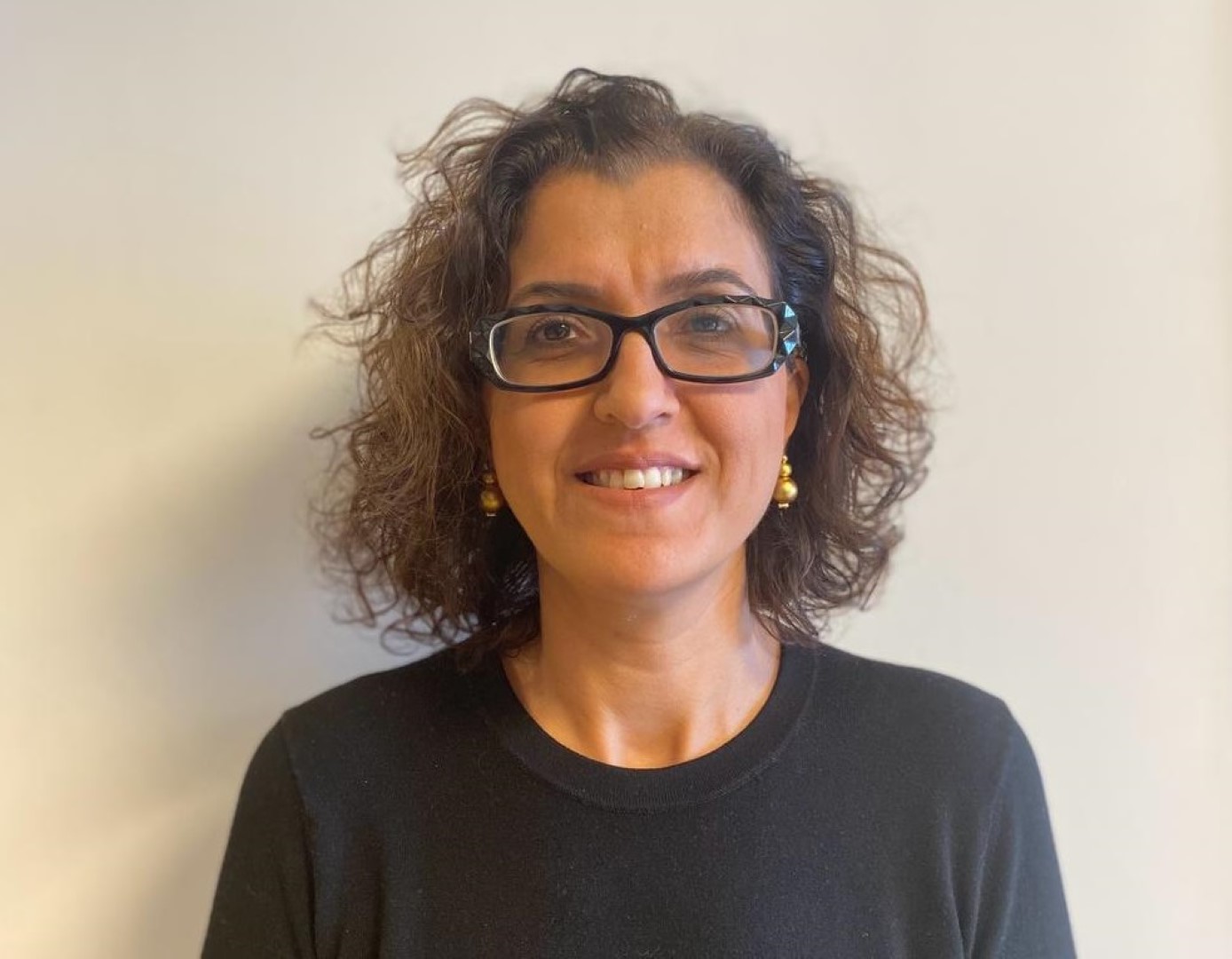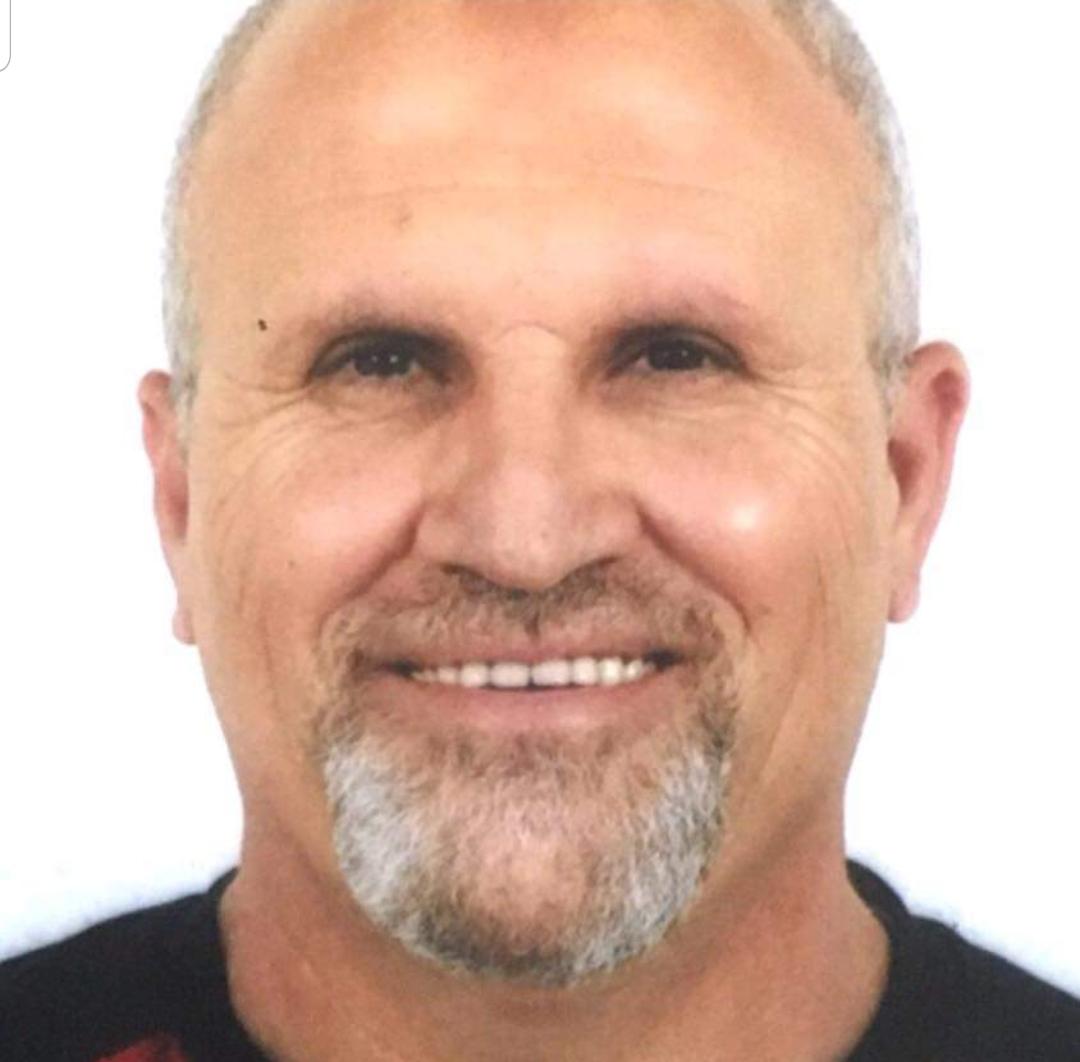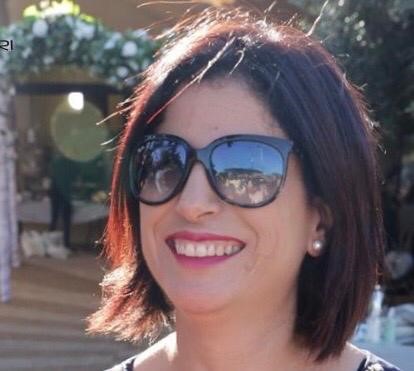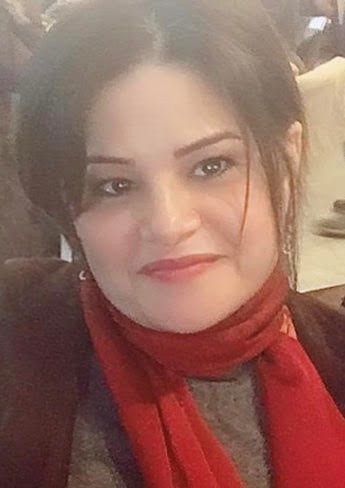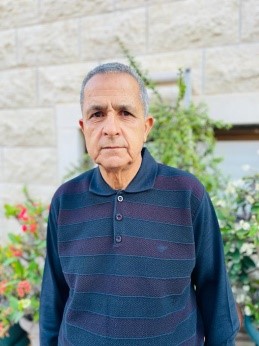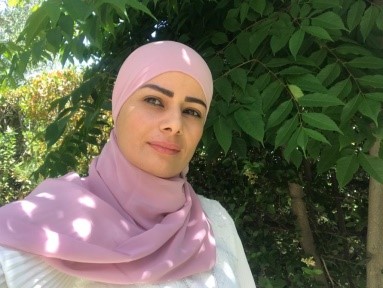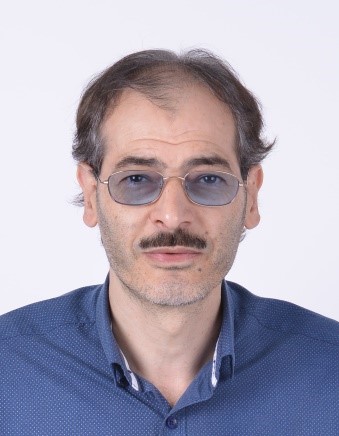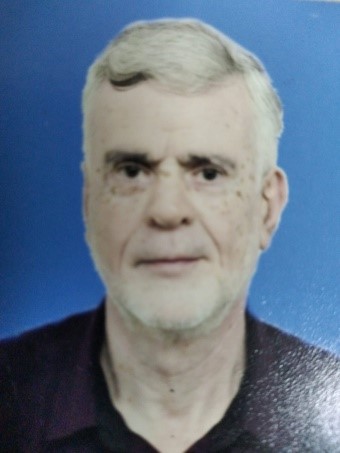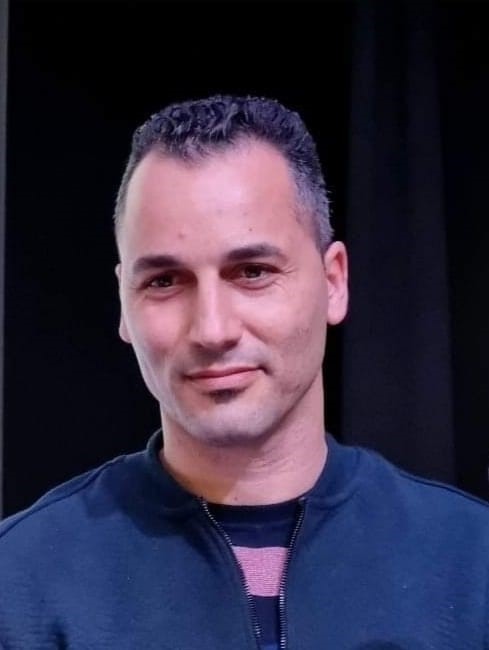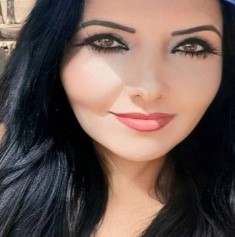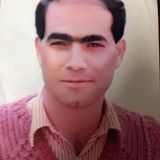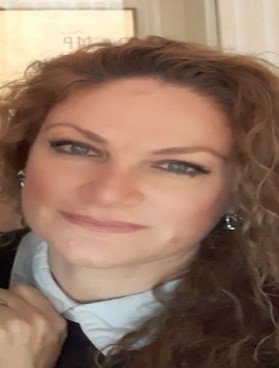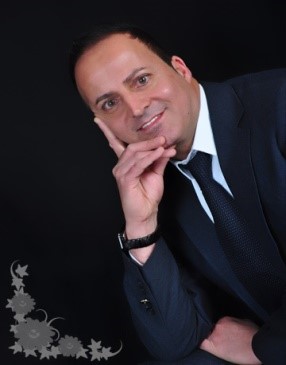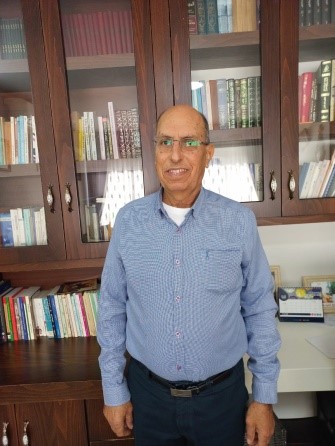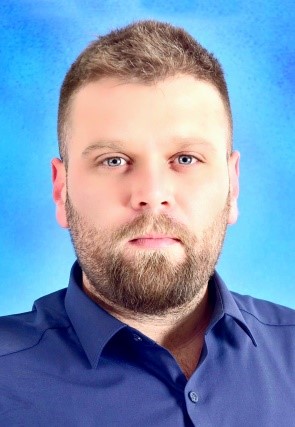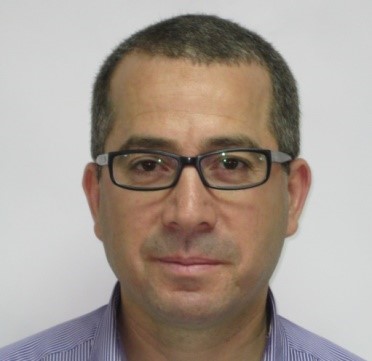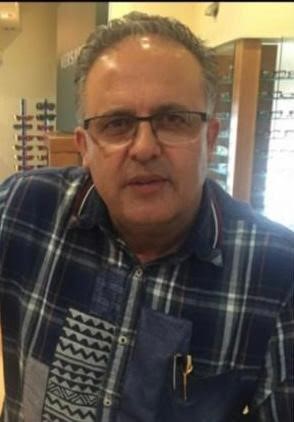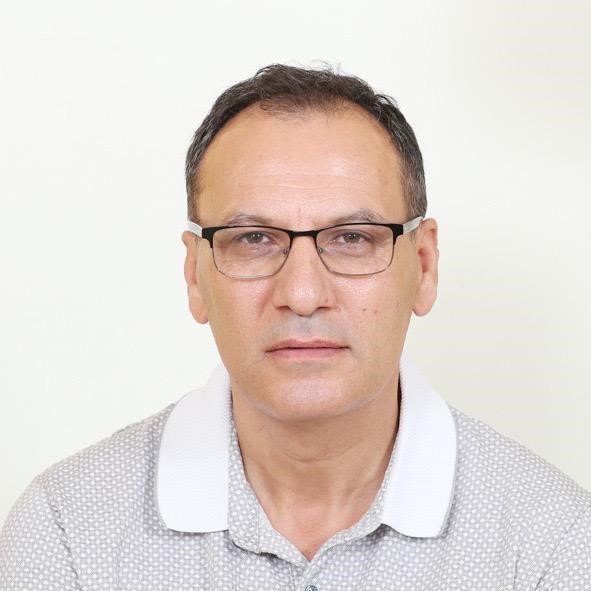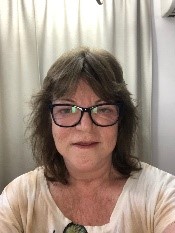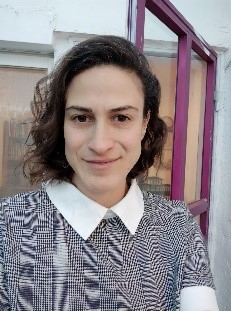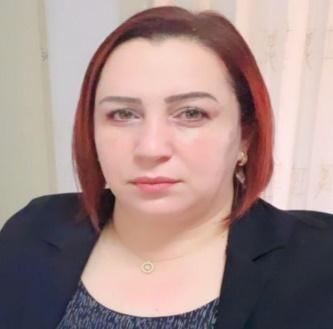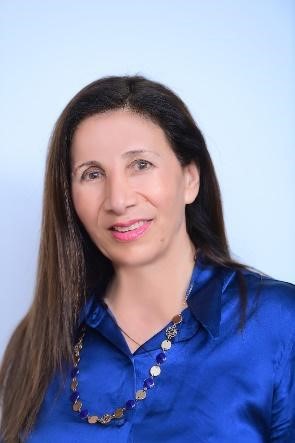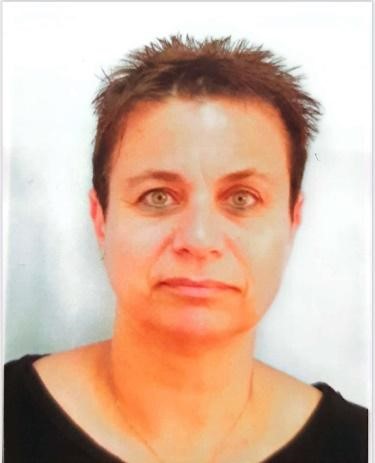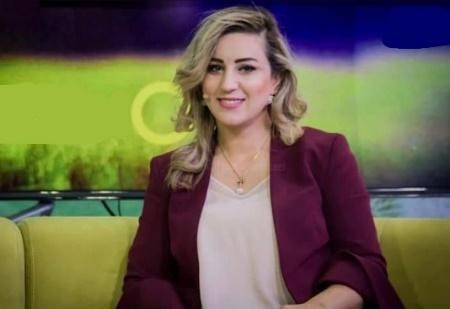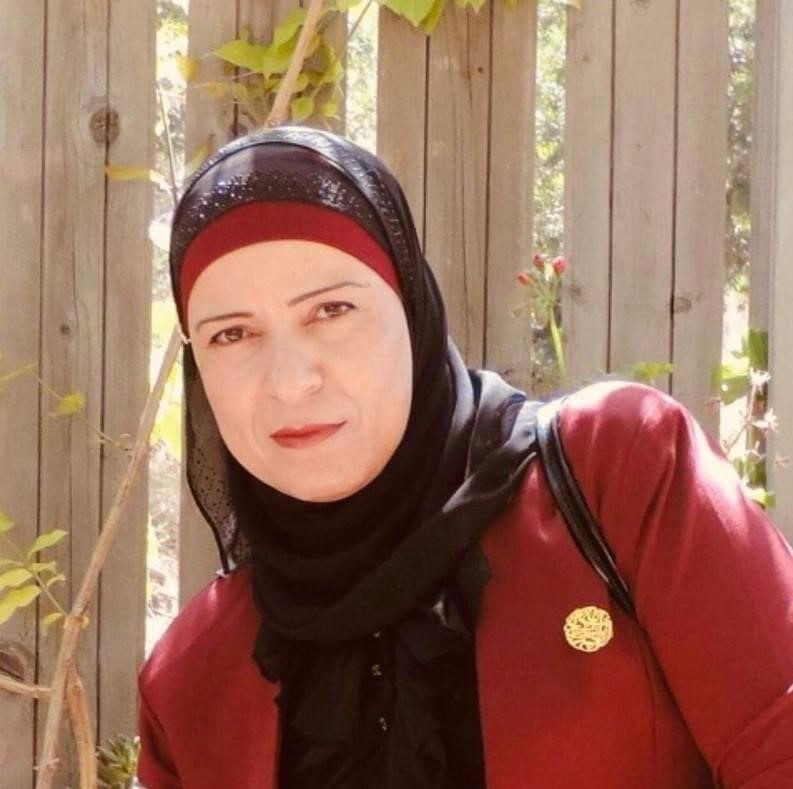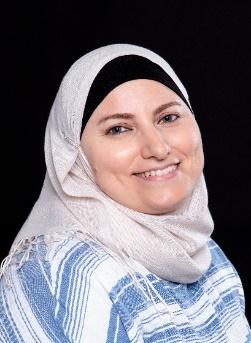| Component | First Year | Year B | Year C | Year D | Total |
|---|---|---|---|---|---|
| Teacher Training Studies | 6 | 6 | 7 | 2 | 21 |
| Teacher Training Studies grades 1-2 | 7 | - | - | - | 7 |
| Disciplinary Studies - Sciences | 5 | 8 | 9 | 4 | 26 |
| Disciplinary Studies - Scientific Education | 2 | 4 | 5 | 4 | 15 |
| Disciplinary Studies - Arabic Language and Literature | 3 | 5 | 5 | 2 | 15 |
| Core and Enrichment Studies | 6-8 | 2-4 | 1 | 9-13 | - |
| Practical Experience | 3 | 6 | 6 | - | 15 |
| Final Thesis - Final Project | - | - | - | - | - |
| Total | 32-34 | 31-33 | 33 | 12 | 108-111 |
About
The program trains science teachers for grades 1 through 6. It grants a graduate degree in teaching (B.Ed) and a teaching certificate in a dual-major format (science for grades 1-6 and Arabic).
The purpose of the program is to prepare the students for educational work with elementary school-age students and to expose them to a wealth of content from the various fields of science (biology, chemistry, physics, life sciences, material sciences, earth and space sciences, and technology) while emphasizing the importance of these fields for their daily lives and that of their future students, on a personal, national and environmental level; and on developing thinking skills, strategies for solving problems, and a perceptual infrastructure that enables handling of information, research, discovery, and problem-solving.
The program was built following the curricula currently employed in elementary schools in the field of science. It prepares the students for educational work in the community and ensures their success, as well as that of their students. The program consists of teacher training studies (including targeted training for teaching in grades 1-2), core and enrichment studies, as well as designated disciplinary studies (Sciences: 26 weekly-hrs., Science Education: 15 weekly-hrs., Arabic Language and Literature: 15 weekly-hrs.).
The science education studies include, among others, the field of science history, philosophy of science, quantitative thinking, and the development of creative thinking, and expose students to principles in science teaching, creative teaching methods, and computerized environments in science teaching. Arabic language and literature studies in the curriculum include the key areas of knowledge in the field, and particular emphasis is given to developing skills for language cultivation, teaching reading and writing, and teaching children’s literature.

Students and Graduates tell
The Program
- Program
- תנאי מעבר
- Courses
- Seminars
- Workshops
- Practical Field Experience
- Courses
- Final Project
תנאי מעבר
Seminars
Education Seminar – Selected Issues in Arab Education in Israel
Science (Science and Technology – Biotechnology)
Science Education
Workshops
Didactic Workshop in Science – A
Didactic Workshop in Science – B
Didactic Workshop in Science – C
Final Thesis Workshop – Final Project
Scientific Experience Workshop
Selected Issues in the Teaching of Science
The Teacher as a Researcher of His/Her classroom
Teaching Science and Technology in Grades 1-2
Teaching Science and Technology in Grades 3-6
Integration of Special Needs Children
Classroom climate
Life Skills
Practical Field Experience
In the Department of Science Teaching, a unique curriculum and training model were designed to obtain optimal pedagogical training for those training to teach science.
During their first year, students study a comprehensive annual course to familiarize them with all aspects and components of the curriculum, both theoretical and applied.
In their second year, the students learn courses that bring this curriculum to fruition (such as teaching science and technology to grades 1-2, scientific thinking, and didactics of science teaching) and only begin practical training within the schools upon their completion. Thus, students arrive at the practical training stage with a toolbox equipped with innovative and future-oriented pedagogy, which will enable the optimal application of the curriculum. This year is mainly intended for orientation to the school environment, and emphasis is placed primarily on observations and minor teaching experiences.
In the third year, full practical experience takes place in the schools. For optimal practical training, two outlines were prepared for the teaching trainees: a uniform outline for teaching planning and an outline for lesson observation, which allows them to raise and analyze findings. Both outlines are based on the learning cycle, the principles of meaningful learning, future-oriented pedagogy, and the updated and adapted science and technology curriculum for elementary schools.
In addition, department instructors hold guidance sessions based on similar principles and tools, as well as peer learning in which the instructor observes a student while teaching his fellow teaching trainees, and together they analyze the observed lesson according to the principles being taught. This unique platform allows for in-depth pedagogical learning, in which each participant gets to express their opinion and insights from the observation.
Courses
Philosophy of Education
Sociology of Education
Developmental Psychology
Emotional and Behavioural Difficulties of Childhood
The teacher as an Educator and Values Education
Education in a Multicultural Society
Teaching Theory and its Methods
Assessment and Evaluation
Study Planning
Integrating Media in Teaching
Statistics and Quantitative Research Methods
Qualitative Research Methods
Teaching Reading and Writing in Grades 1-2
Teaching Math in Grades 1-2
Classroom Management and Organization of Learning Systems
The Transition from Kindergarten to First Grade
Language Development from Infancy to Childhood
The Acquisition and Teaching of the Written Language in Grades 1-2
Light and Waves
Eggs and Seeds
The Cell – Structure and Activity
Mathematics for Science
The Human body, Health and Quality of Life
Flora and Fauna in its Season
Flora and Fauna in the Immediate Environment
Zoology
Electricity and Magnetism
Fundamentals of Genetics
Introduction to Earth Science
Introduction to Astronomy
Structure of Matter
Introduction to Ecology and Environmental Quality
Introduction to Technological Systems
Introduction to Technology
Fundamental Concepts in Chemistry
Fundamental Concepts in Science and Technology
Genetic Diseases
Microbiology and Biotechnology
Mechanics and Heat
Plant Physiology
Communication in the Animal Kingdom
Teaching Science Through Inquiry
Science in Everyday Life
Teaching Science and Technology in Elementary School
Curriculum for Science and Technology in Elementary School
Developing Creative Thinking
Magic in Science
Quantitative Thinking in Science
Development of Scientific Thinking
Philosophy of Science
Inventors and Discoverers in Science
Selected Issues in Science Teaching
Life Sciences Principles and Processes
The History of Science
Environment and Community
Misconceptions and Acquisition of Scientific Concepts by Children
Arabic Grammar
Reading Comprehension
Written Expression
Oral Expression
The Arabic Script
Introduction to Children’s Literature
Basic Skills in Arabic
Modern Arabic fiction
Classical Arabic Fiction
Folk Literature
Modern Poetry
Classical Poetry
Safety
Security
First Aid
Road Safety
English for Academic Purposes
Arabic for Exemption
Physical Education
Hebrew Language and Expression
Academic Literacy
Basic Computer Skills
Arabic Culture
Final Project
The final project, a thesis in scientific research, is one of the academic duties required of every student in the department and is prepared and submitted over two semesters in the third year. It serves as a platform for creative and thinking students, and is designed to create future teachers, researchers, entrepreneurs and scientists. The final project will focus on issues related to identification of the research question and hypothesis, planning, execution, result processing, analysis and writing. Students will receive personal guidance from one of the college’s mentors or lecturers.
Admission
- No admission requirements
- Eligibility for a matriculation certificate
- Matriculation average 92 or higher
- Admission interview for studies

